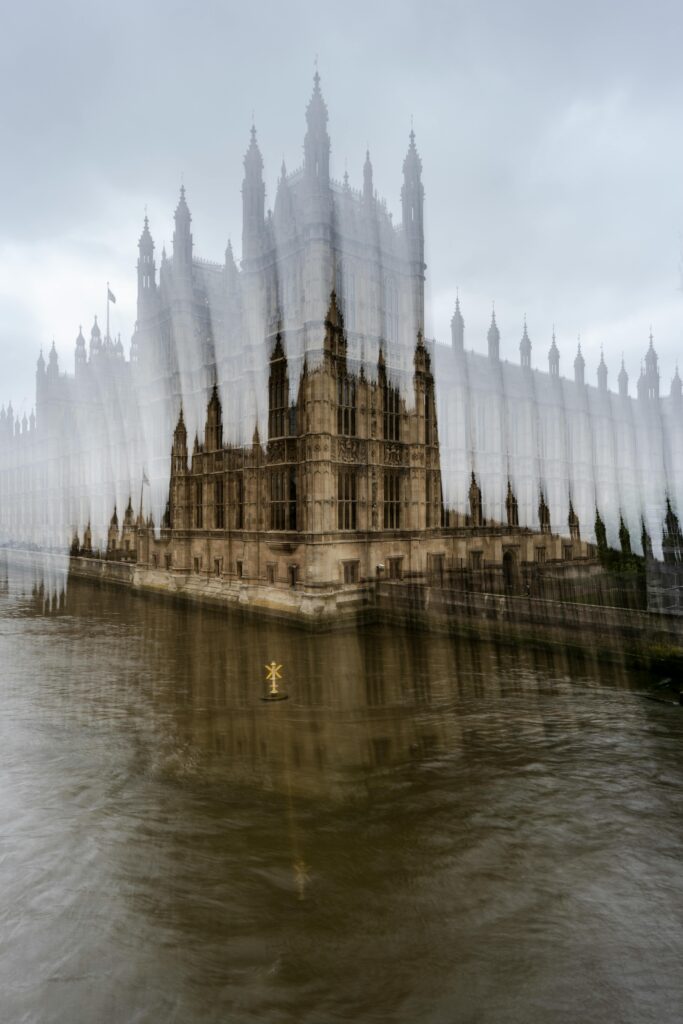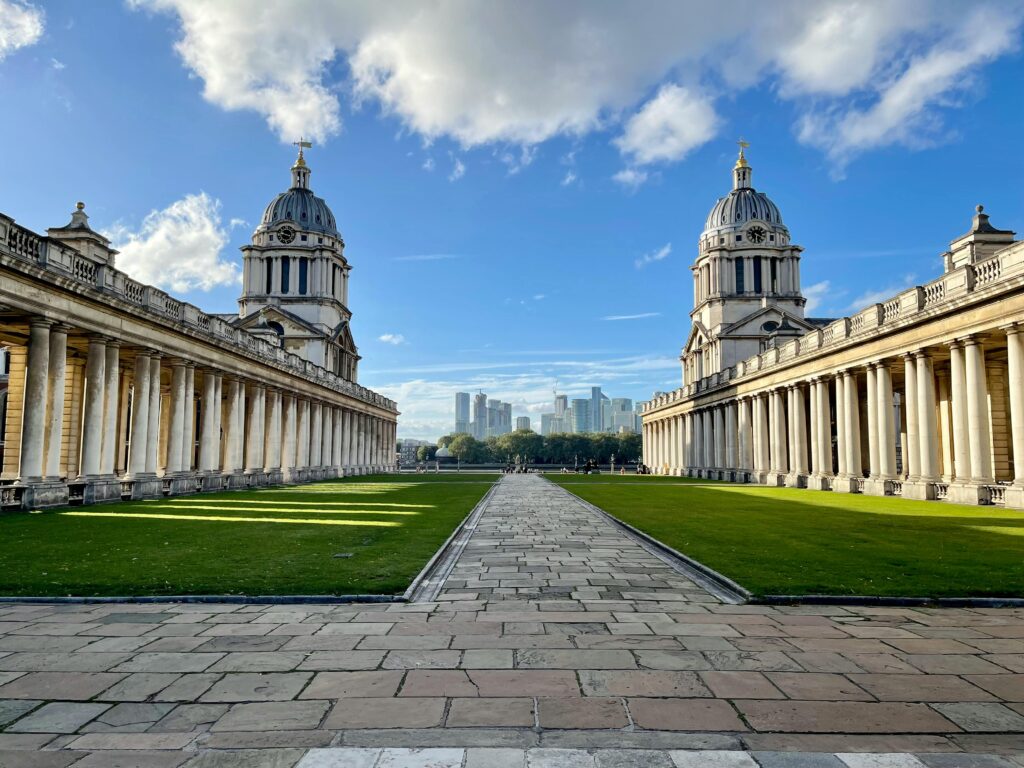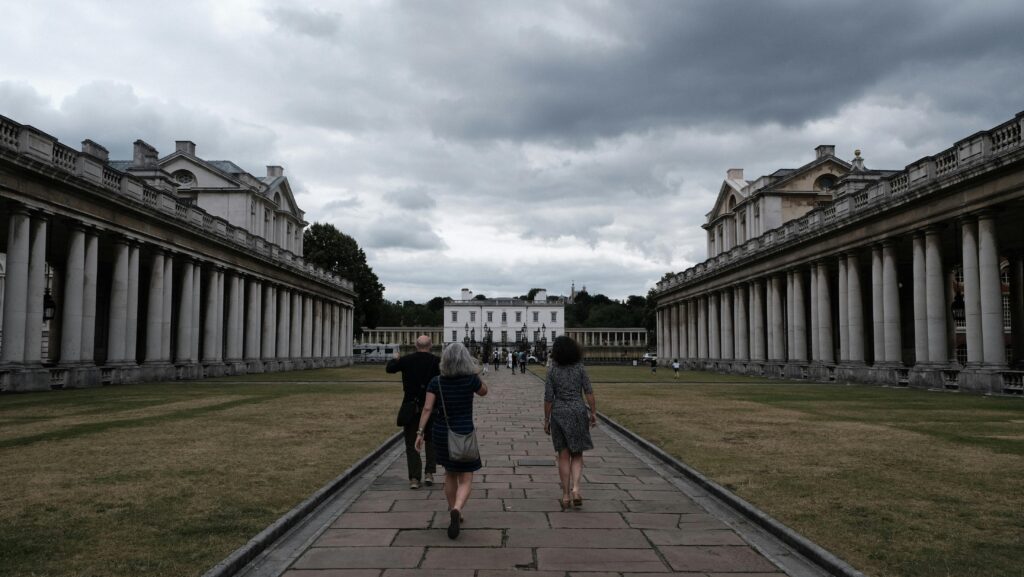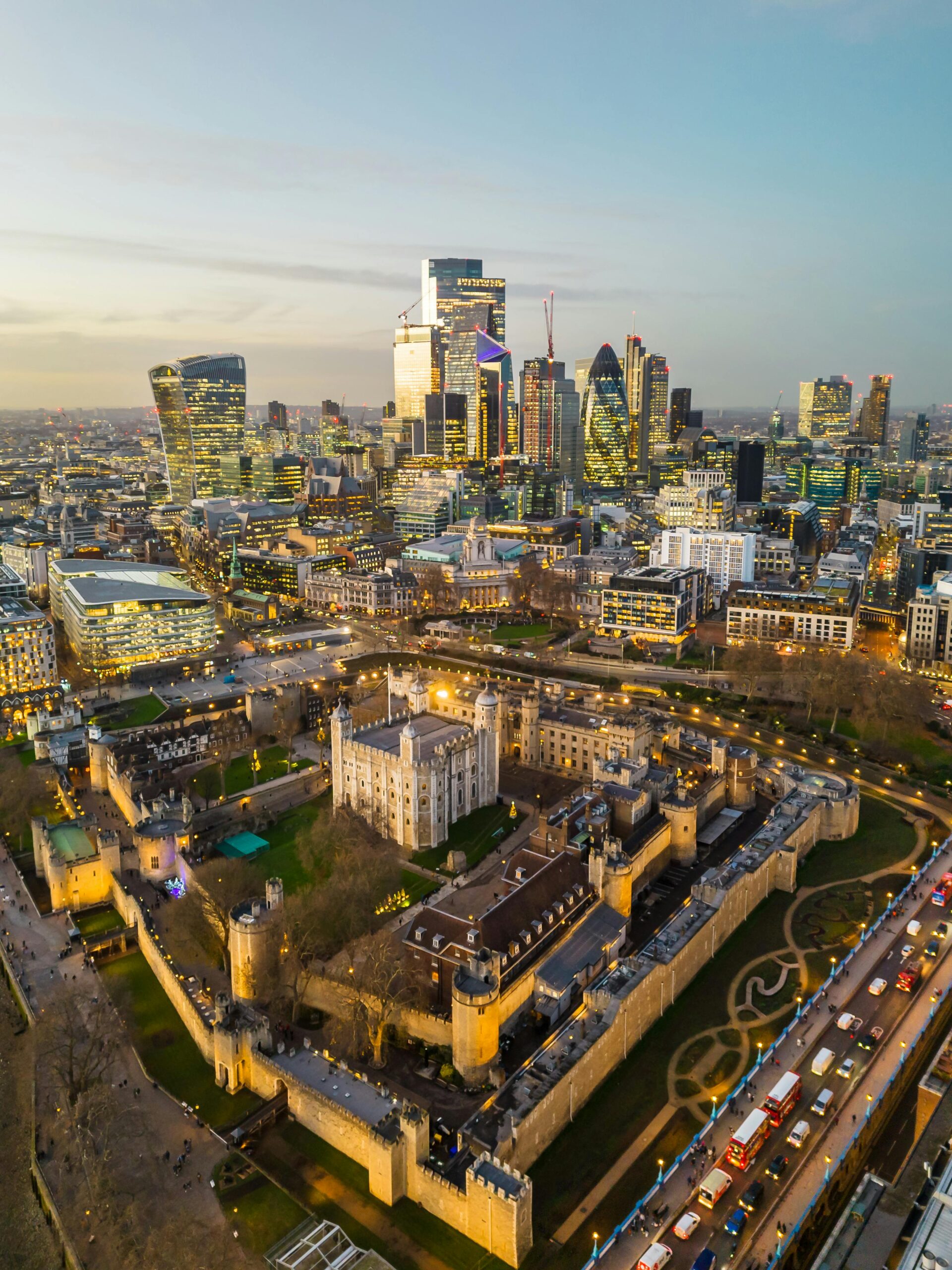Outline
- Introduction to Imperial College London
- History and Establishment
- Campus and Facilities
- Academic Programs Offered
- Research and Innovation
- Notable Alumni and Faculty
- International Collaborations
- Student Life at Imperial College London
- Admission Process
- Scholarships and Financial Aid
- Imperial College London Rankings
- Community Engagement and Outreach
- Sustainability Initiatives
- Challenges and Criticisms
- Conclusion
Introduction
Imperial College London, renowned for its excellence in science, engineering, medicine, and business, stands as one of the world’s leading universities.
History and Establishment
Founded in 1907, Imperial College London emerged from the merger of several institutions dedicated to scientific and technological education.

Early Years
Imperial College traces its roots back to the Royal College of Chemistry, the Royal School of Mines, and the City and Guilds College.
Campus and Facilities
Imperial College boasts a sprawling campus in South Kensington, London, equipped with state-of-the-art facilities for research, teaching, and student life.
South Kensington Campus
The main campus houses various departments, libraries, laboratories, and recreational spaces.
Academic Programs Offered
Imperial College offers a diverse range of undergraduate, postgraduate, and doctoral programs across multiple disciplines.

Undergraduate Studies
Students can pursue degrees in engineering, natural sciences, medicine, and business management.
Research and Innovation
Imperial College is renowned for its groundbreaking research and contributions to science, technology, and medicine.
Key Research Areas
The university focuses on areas such as healthcare, energy, environment, and information technology.
Notable Alumni and Faculty
Imperial College has produced numerous notable alumni and faculty members who have made significant contributions to their respective fields.
Alumni Achievements
Graduates of Imperial College have excelled in academia, industry, and public service.
International Collaborations
Imperial College actively collaborates with institutions, industries, and governments worldwide to foster innovation and knowledge exchange.
Global Partnerships
The university engages in joint research projects, student exchanges, and collaborative initiatives with international partners.
Student Life at Imperial College London
Life at Imperial College is vibrant and diverse, with a range of extracurricular activities, societies, and events enriching the student experience.
Societies and Clubs
Students can join various clubs and societies catering to their interests, from sports and arts to culture and advocacy.
Admission Process
Prospective students undergo a competitive admission process, which varies depending on the program and level of study.
Application Requirements
Applicants must submit academic transcripts, standardized test scores, personal statements, and letters of recommendation.
Scholarships and Financial Aid
Imperial College offers scholarships, grants, and other forms of financial assistance to support deserving students.
Funding Opportunities
The university provides merit-based and need-based aid to help students cover tuition fees and living expenses.
Imperial College London Rankings
Imperial College consistently ranks among the top universities globally, recognized for its academic excellence and research impact.
Global Rankings
The university ranks highly in various international rankings, including QS World University Rankings and Times Higher Education World University Rankings.
Community Engagement and Outreach
Imperial College is committed to engaging with the local community and contributing to societal development.
Outreach Programs
The university organizes outreach activities, educational programs, and volunteering opportunities for students and staff.
Sustainability Initiatives
Imperial College prioritizes sustainability and environmental stewardship, implementing initiatives to reduce its carbon footprint and promote eco-friendly practices.

Green Campus Initiatives
The university invests in renewable energy, waste reduction, and sustainable transportation to create a greener campus.
Challenges and Criticisms
Despite its achievements, Imperial College faces challenges and criticisms related to funding, accessibility, and diversity.
Criticisms
Critics argue that the university’s focus on research excellence may overshadow teaching quality and student welfare.
Conclusion
Imperial College London stands as a beacon of academic excellence, innovation, and global impact, shaping the future of science, technology, and society.
FAQs
- Is Imperial College London a public or private university?
- Imperial College London is a public research university.
- What is Imperial College known for?
- Imperial College is renowned for its excellence in science, engineering, medicine, and business.
- How competitive is admission to Imperial College?
- Admission to Imperial College is highly competitive, with acceptance rates varying across programs and departments.
- Does Imperial College offer scholarships to international students?
- Yes, Imperial College offers scholarships and financial aid to both domestic and international students.
- How can I visit Imperial College London’s campus?
- Prospective students and visitors can schedule campus tours or attend university open days to explore Imperial College’s facilities and learn more about academic programs.
